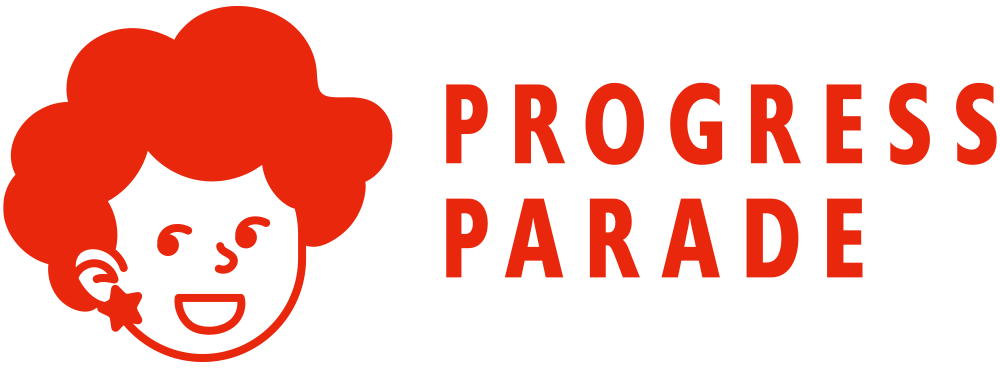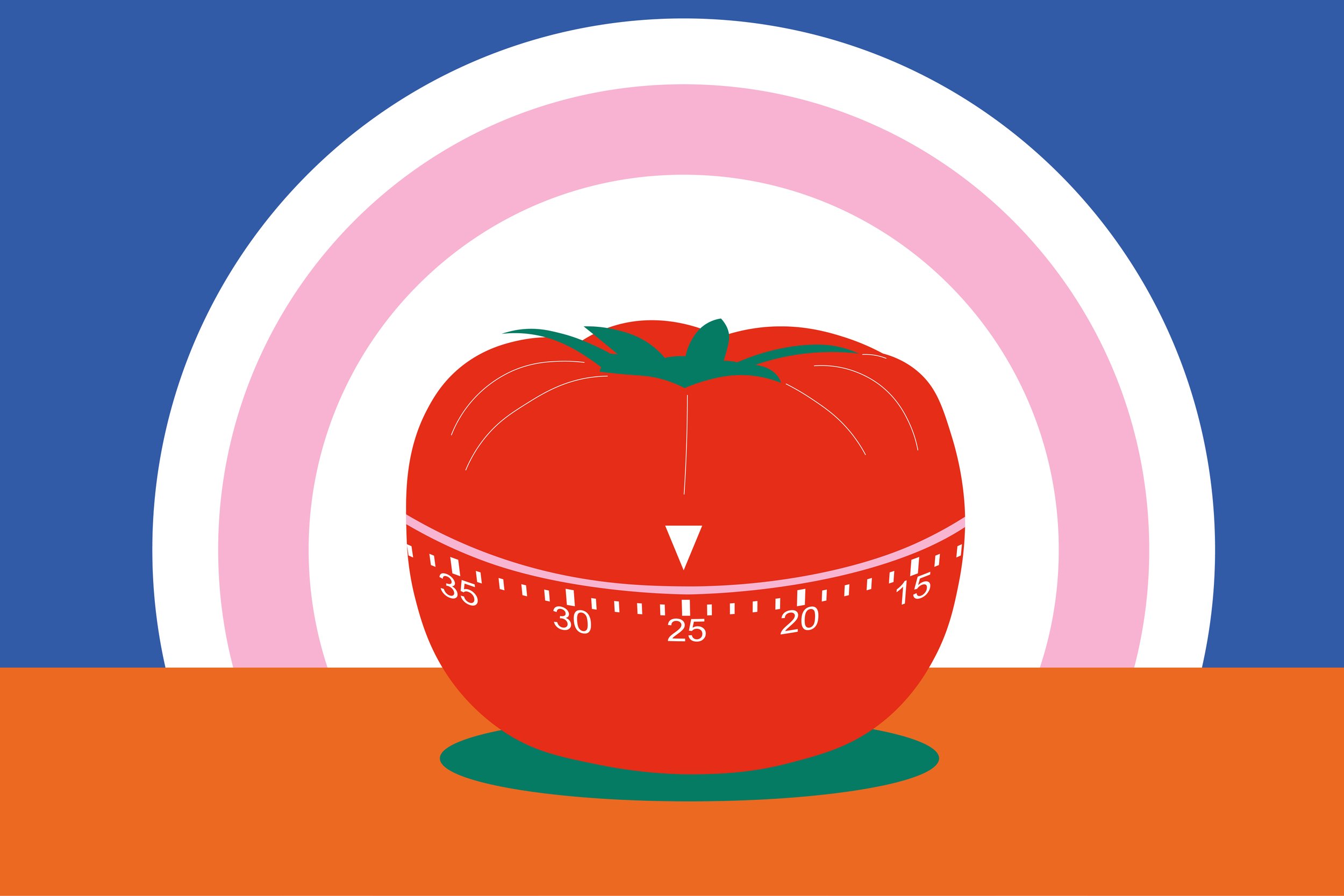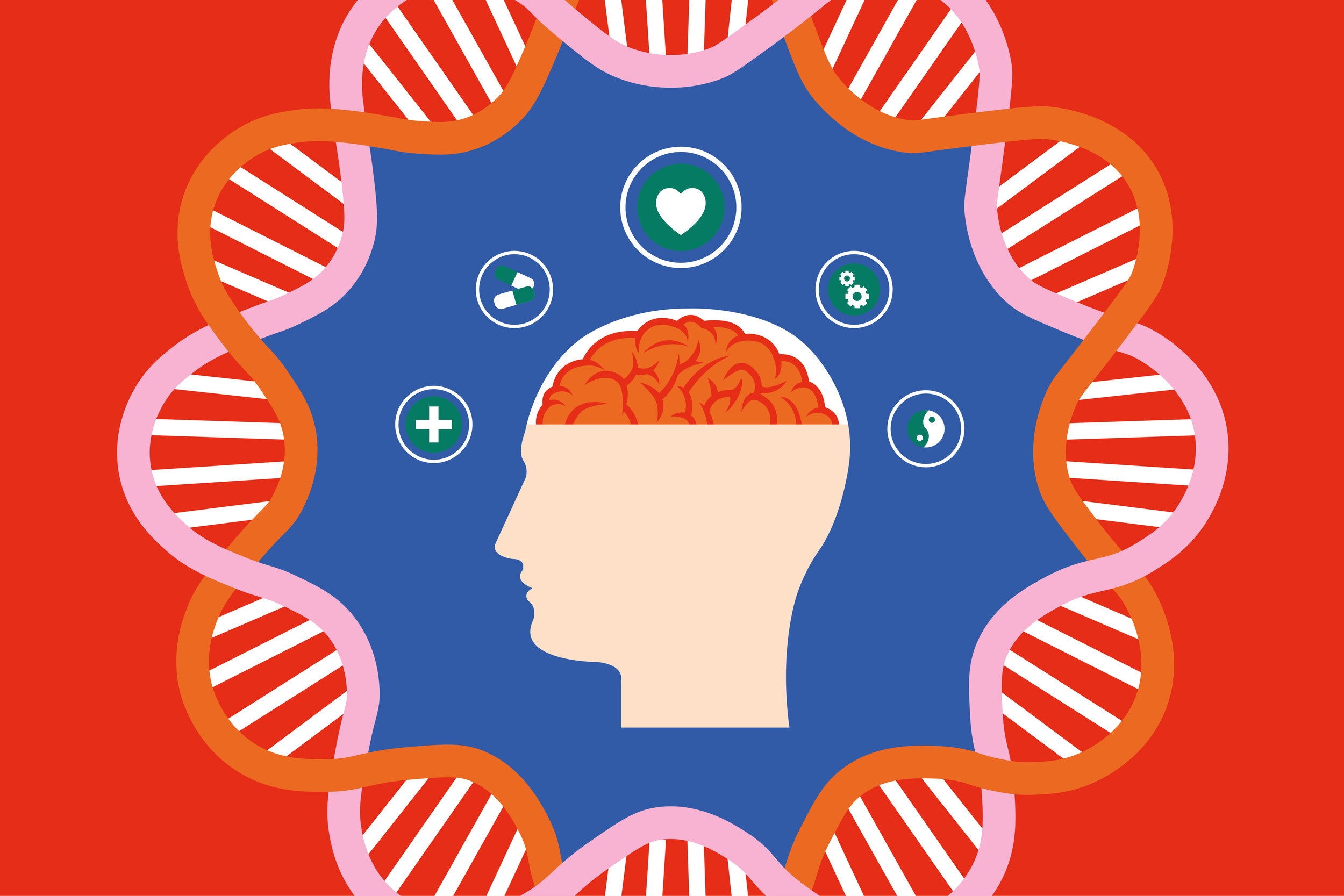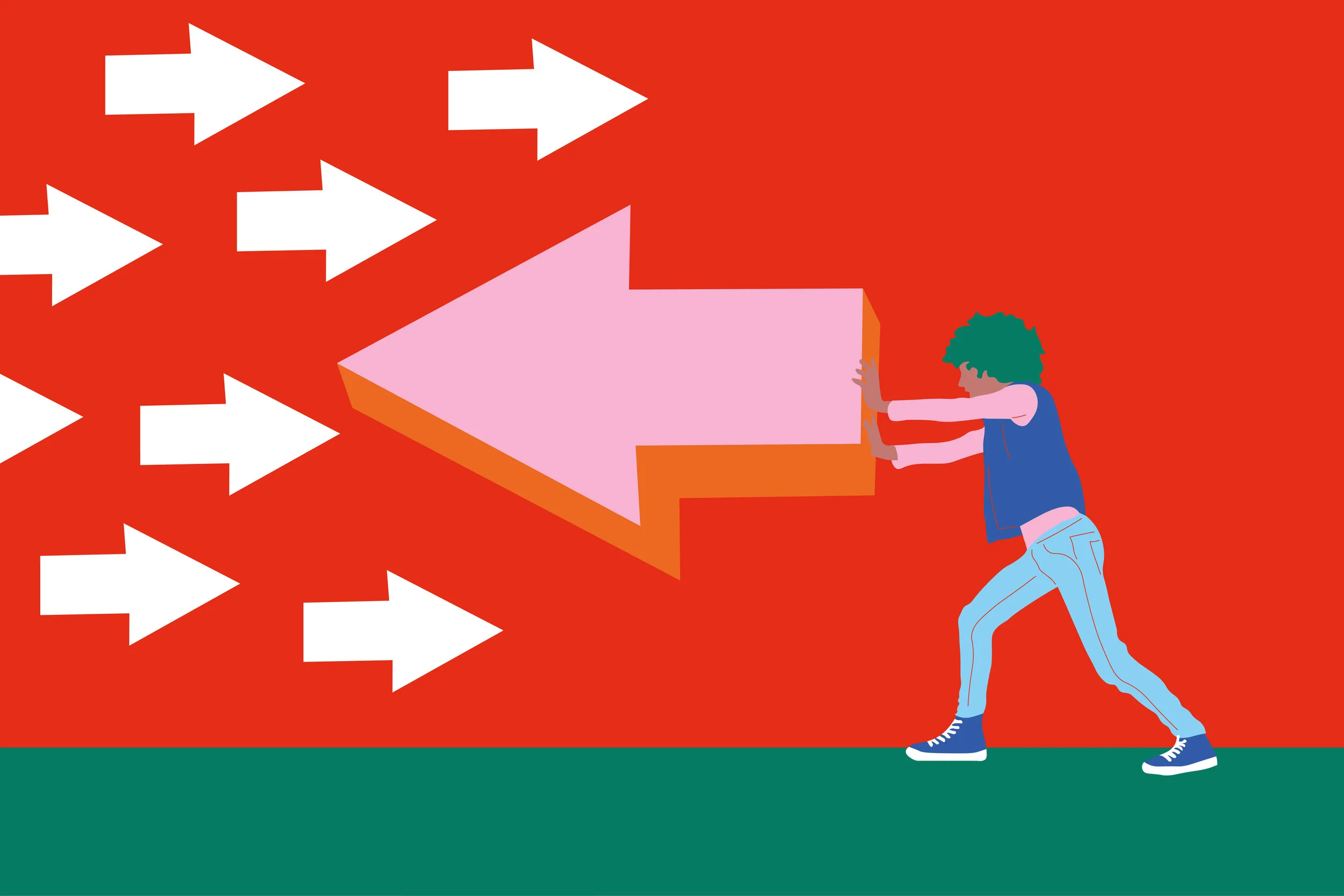Stars- they're just like us (and have dyslexia too)
When a student is first diagnosed with a learning disability, it can be a really lonely and scary experience. Their family may worry about their future or potential long term impacts of the learning disability. This article is intended to start to normalize your experience (popular estimates are that about 1 in 10 people has a learning disability!) and also show you that many people find they are successful because of, not in spite of, their learning disabilities. Some of you may recognize our title from US Weekly's popular "Stars-they're just like us" series. Today we'll be focusing on dyslexia but plan to have future articles on other learning disabilities and ADHD.
We hope you'll find evidence in this article that Progress Parade's mission to turn learning challenges into life-changing achievements is a totally achievable goal for your student. We're just sharing a few stories here, but there are many, many more to be found if you want to do some of your own research. The number of highly successful people with dyslexia is not surprising, considering that research demonstrates that they do in fact bring a unique perspective to the world. One article in Scientific American discusses a study where those with dyslexia were among the fastest at picking out "impossible figures from similarly drawn illustrations that did not violate causality" (which is a fancy way of describing that they have a unique way of seeing the world). Dyslexia really can be a superpower!
“The number of highly successful people with dyslexia is not surprising, considering that research demonstrates that they do in fact bring a unique perspective to the world”
Whoopi Goldberg and dyslexia
Whoopi Goldberg likely needs no introduction. She's a famous actress, comic, author and much more. She grew up in the 1950s and 60s, when we knew a lot less about special education and learning disabilities. She was living with undiagnosed dyslexia though, according to a 1991 interview in Ebony magazine, her paperwork more frequently referred to her as "retarded" (although that term has mostly been taken out of use).
As an adult, she got a diagnosis of dyslexia and also learned to understand herself better. For example, she learned to take accommodations when she needs them. According to an article in Child Mind Institute, she "found she learned best by having someone read the script to her and memorizes her lines that way. For her books, she likes to dictate instead of write, and then sits down with an editor to tweak the language." She's also commonly credited with saying that dyslexia has given her an advantage: "my brain sees and puts information in my head differently, more interestingly than if I saw like everyone else".
We're certainly thankful for her uniqueness as her talent has brought so much laughter and joy to us for decades!
Cher and dyslexia (and dyscalculia)
Cher, like the other names on this list, also needs little introduction as a famous singer and actress. You know you've made it when you don't even need a last name, am I right?
Cher struggled with reading and writing so much that she dropped out of school at age 16. In a 2020 Good Housekeeping article Cher said, "I'm very dyslexic..and so, I couldn't read". She further elaborated on her experience when she finally found a book she could read for enjoyment: "I read it at my own pace, and I loved it. And then I found out I loved reading".
These early challenges were influential in her learning to be her own person and "cherish being different". Cher certainly marches to the beat of her own drum, and that's one of the reasons we love her.
“ She learned to take accommodations when she needs them.”
Steven Spielberg and dyslexia
Steven Spielberg is a titan film director, producer, and screenwriter. Anyone ever heard of Jaws, E.T, Indiana Jones, and Jurassic Park? All thanks to our friend Mr. Spielberg. All of these successes came after really struggling in school with dyslexia. In a Friends of Quinn interview, he shared, "I didn't have a name for it. I just knew I dreaded going to school" and he felt like a day in 3rd grade where he had to read in front of the class was a "long day in a long series of the worst days of my life". If any of your students talk about school like this, please reassure them that they're not alone and they will get through it!
He turned these learning challenges into life-changing achievements which led him to film-making. He shared in a 2012 interview with ABC news that his difficulties in school led him to "band together with a similarly quirky click of friends who also didn't quite fit in or play sports like other students." He says this is the group who inspired him to create The Goonies. I think we can all agree that we're infinitely grateful to him and his quirky friends for this 80s classic film!
Lessons from famous people with dyslexia
We hope these three examples of stars who struggled with dyslexia will help your learner understand:
the world is better off when we've got diversity and variety and that people with dyslexia are often able to see the world in unique ways. If the world was lacking the brilliant brains impacted by learning disabilities in reading, we wouldn't have many of our most cherished songs and movies.
if they are feeling discouraged now, they are not alone! Others have come before them and were able to turn those learning challenges into something beautiful that benefited the world!
even if things seem really hard right now and even if they've made some big mistakes, it's not ever too late to get help, change their path, and slowly work towards the life they want!
Learn about how to support your child when they have a learning disability, what causes learning disabilities, and how learning disabilities are diagnosed. Ready to start turning learning challenges into life-changing achievements with our tutors for learning disabilities?
A fun article about a few famous people with dyslexia and how they turned their learning challenges into life-changing achievements.
































